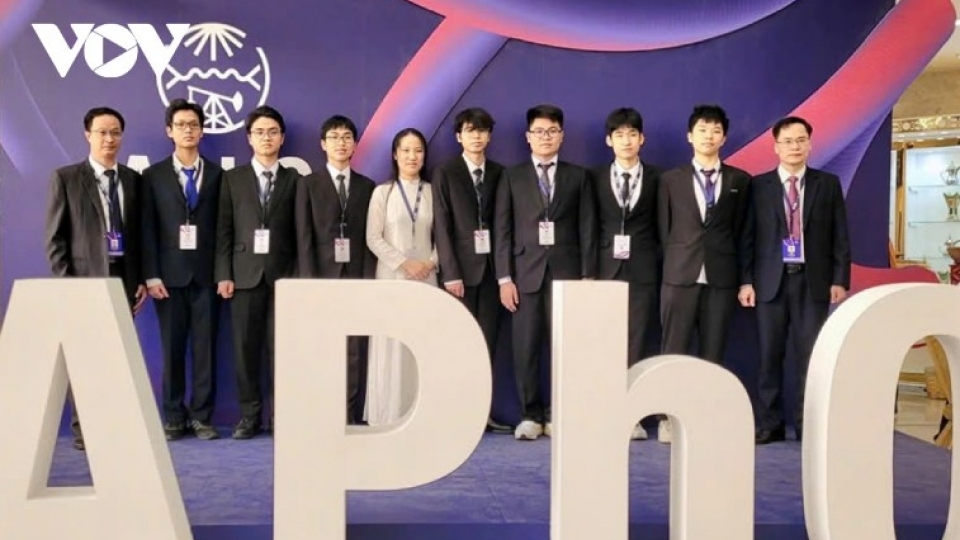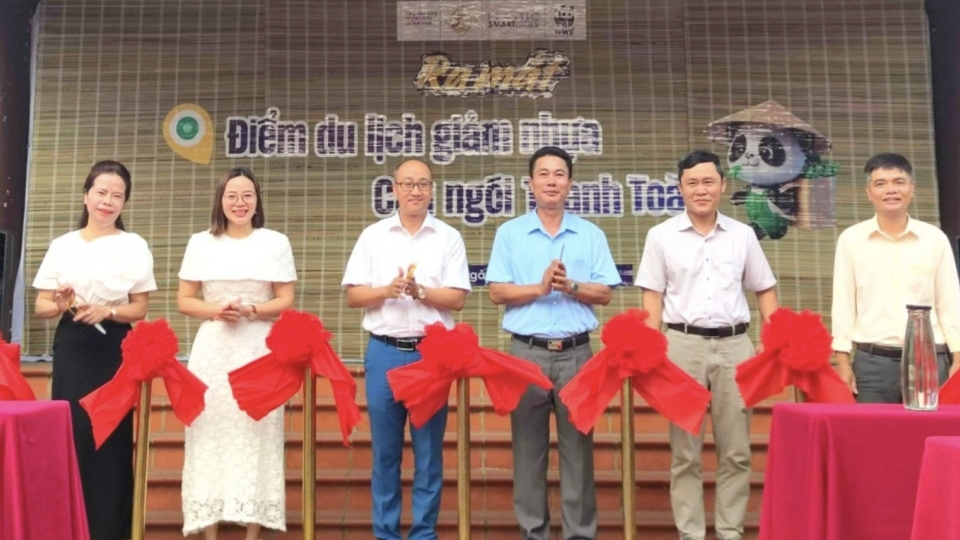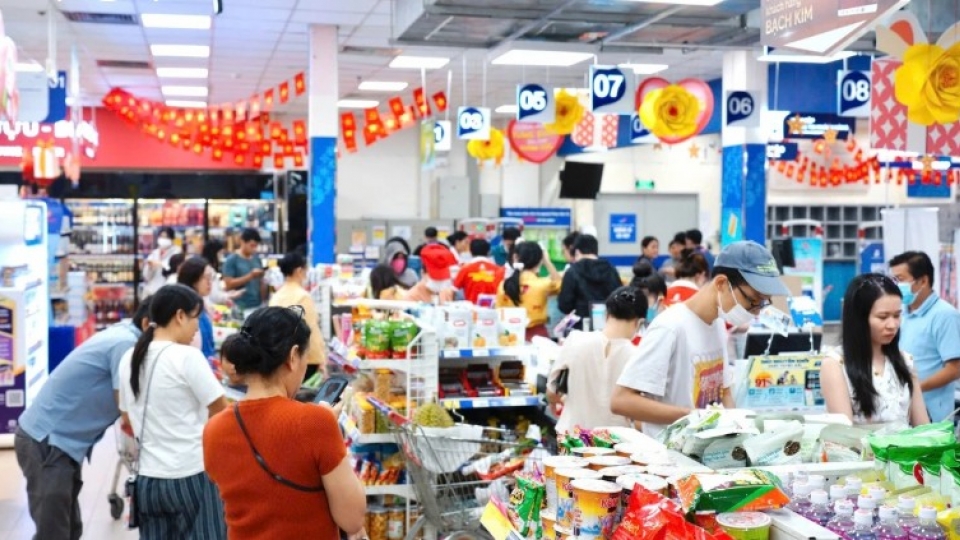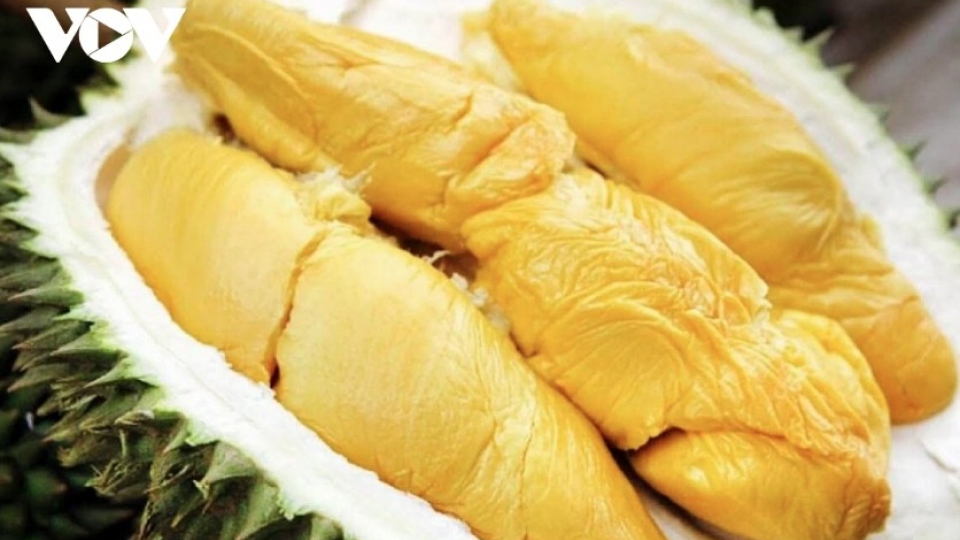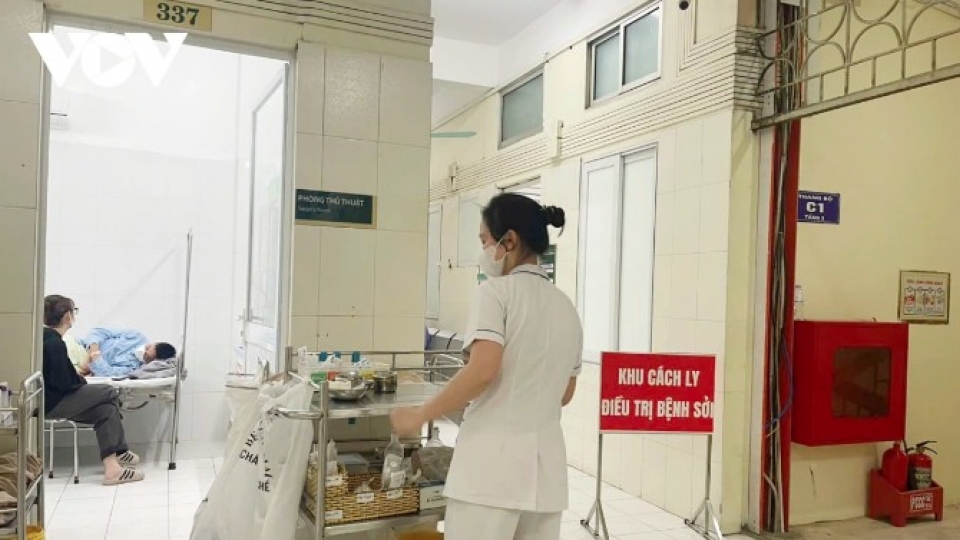Tag: World Bank
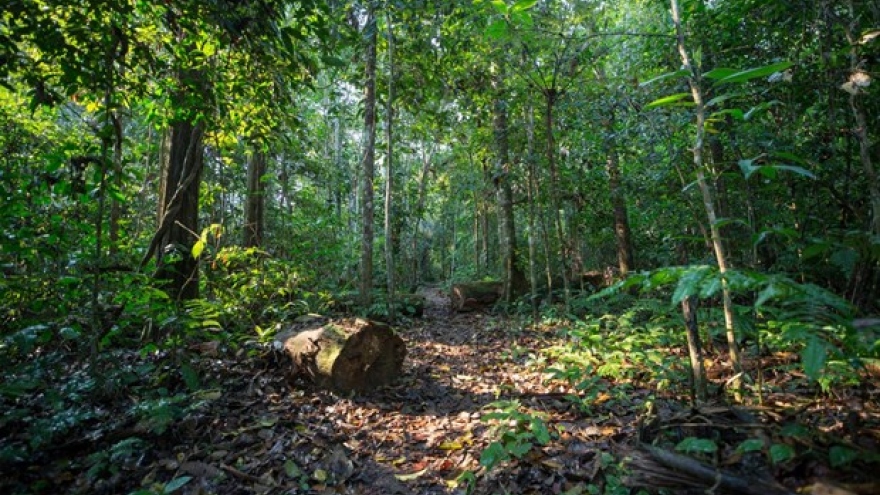
Vietnam gets US$41.2 million in emission reduction payments
Vietnam has received US$41.2 million, equivalent to 80% of the total funding, from the World Bank for 10.3 million tonnes of CO2 as a result of its efforts to reduce carbon emissions in deforestation and forest degradation until 2025, according to Director of the Forestry Department under the Ministry of Agriculture and Rural Development (MARD) Tran Quang Bao.

Vietnamese FDI performance remains steady amid global uncertainties: WB
VOV.VN - Steady FDI commitment and disbursement reflects the continued interest of foreign investors’ in business opportunities in the Vietnamese market despite global uncertainties, according to the World Bank (WB) in its Vietnam Macro Monitoring edition for August.
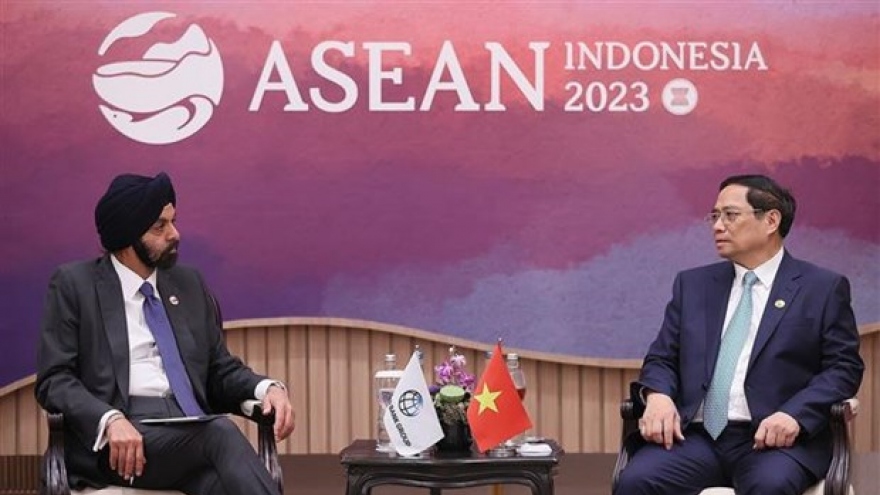
Prime Minister meets World Bank President in Indonesia
Prime Minister Pham Minh Chinh on September 7 received World Bank (WB) President Ajay Banga in Jakarta on the sideline of the 43rd ASEAN Summit and related meetings in Indonesia.
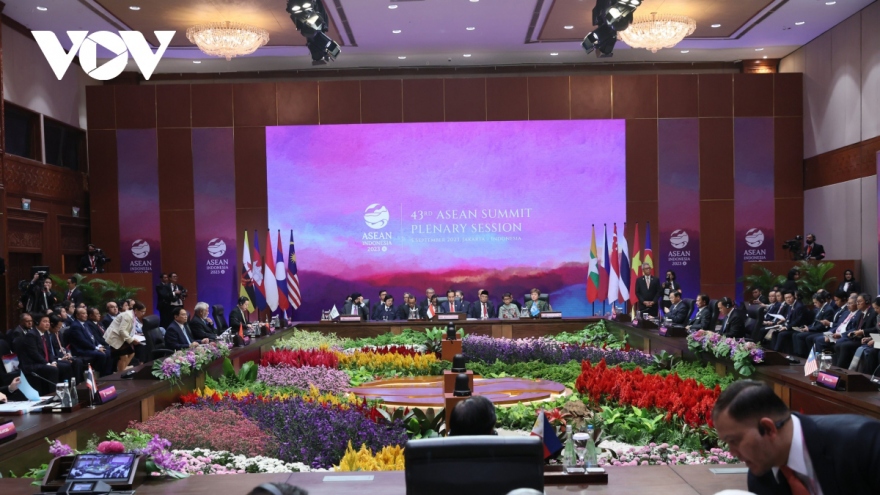
Enhancing self-reliance to keep "ASEAN stature" as epicentre of growth
VOV.VN - In order maintain "ASEAN's stature" as "the epicenter of growth", the bloc’s self-reliance must be enhanced through promoting economic linkages, expanding internal markets, and easing trade and investment flows.

Vietnam makes remarkable reforms on public debt management: workshop
International experts shared experience in public debt management and gave recommendations to Vietnam at a consultation workshop in Hanoi on August 17.
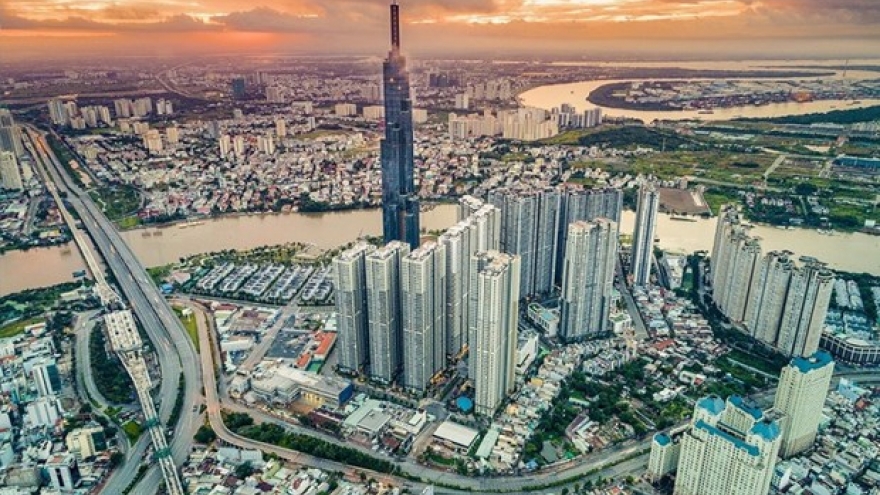
Vietnam’s economic growth projected to rebound from 2024
Vietnam’s economic growth is likely to rebound in 2024 and 2025, according to Dorsati Madani, Senior Economist at the World Bank (WB).
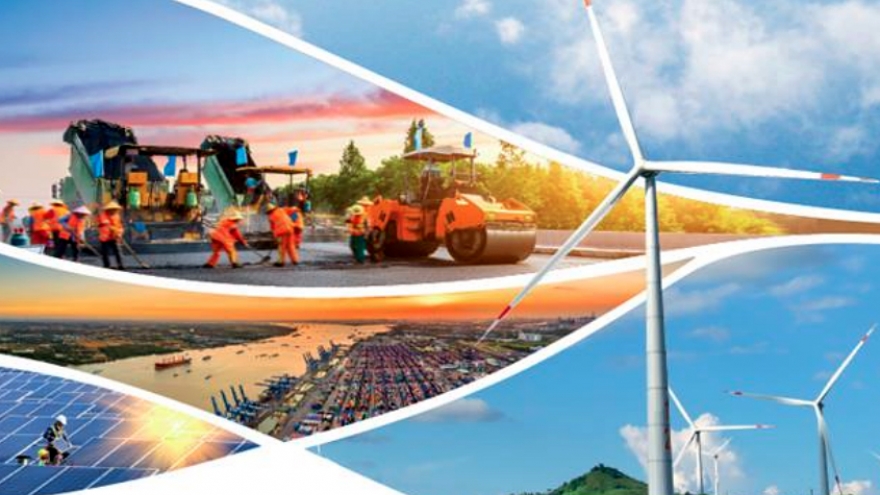
Vietnam’s economic growth slows due to global headwinds and internal constraints
VOV.VN - A challenging external environment and weaker domestic demand is leading to a slowdown in economic growth in Vietnam, but the economy will pick up pace in the second half of 2023 and the following years, the World Bank said in an economic update released on August 10.
.jpeg)
WB approves nearly US$130 million to help Nghe An improve livability
The World Bank Board of Directors on July 31 approved a project worth US$129.6 million to strengthen flood resilience and improve sanitation, transport, and public space infrastructure in Nghe An province's Vinh city - a political, economic, and cultural centre of the north-central coastal region.

More investment needed in agriculture logistics services
Logistics services are driving up added values of the domestic agriculture sector which has been developing quickly over the past years with an annual growth rate of 14-16%.
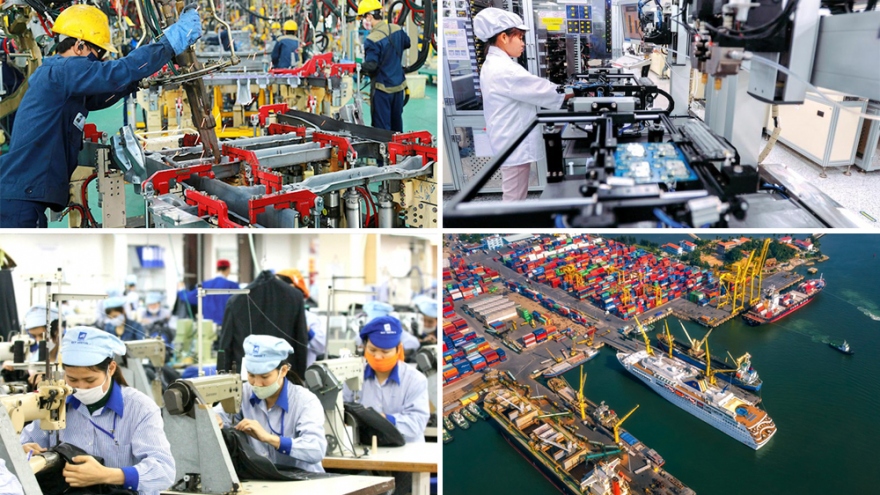
Crunch time for Vietnamese economy over 30 years
VOV.VN - Vietnam is relying too much on monetary policies in order to stimulate demand. However, loosening lending standards and lowering interest rates serve to reduce asset quality, thereby creating asset bubbles, according to economic experts.

